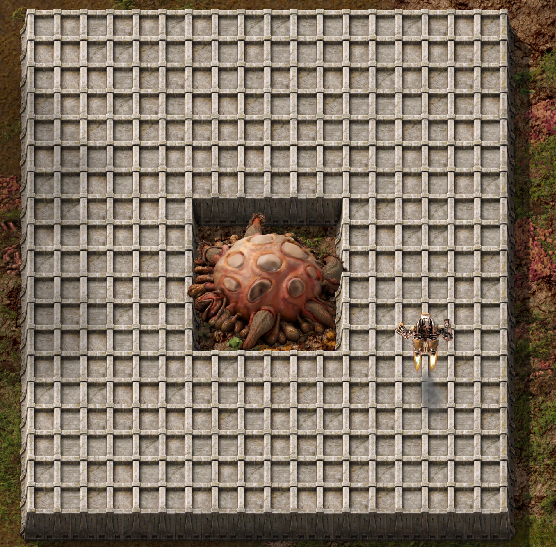If your abdomen is visible from a meter away, you're getting evicted. I don't want to know what your guts look like when I accidentally step or sit on you.
There's also the "science" that is your policy choices (personal or public policy) based on the science(n) and your values, risk tolerance, and lifestyle. Since the latter factors can change a lot over time, these policies can also fluctuate wildly and give the impression that "science" fluctuates wildly.
I've never gotten sick from undercooked chicken either, but that doesn't mean I'm willing to take the risk. Gastro is no fun, and well done burgers taste great (unless maybe if you use very lean meat?) so it's all upsides with no downsides.
Are you maybe just using very lean ground beef? In my experience, 15% ground beef is very hard to overcook.
For the same reason I'd attend a meeting and complain afterwards that it could've been an email, despite knowing that I was going into a meeting.
I think it's reasonable to expect the video formats to only be used when it's a good medium for communicating whatever it's communicating.
Often also in /etc/
Conversely, if the conclusion was wrong but it added value to the discussion, then it's still a good post.
In case anyone else is curious about the story behind the murder: https://www.cbc.ca/news/canada/hamilton/karafa-li-guilty-verdict-1.7213791
tldr: She tried to clear her debt by killing the people she owed money to.
So, considering that the majority of the value of attending these schools is for networking and a school name that signals you've been selected amongst the best in the world, what's left after they kick out all the international students? You'd only get to network with other US citizens, which you can get just from any old state college. You're also not competing with the best in the world so you can no longer claim to have any kind of global standing.
Yarn bowl spotted
Or if you worked an asbestos mine

When someone starts complaining about what bathroom everyone is using, you can't just ignore it and hope it goes away. It's your job as their superior to address these issues.
Similarly,
Making this stance clear requires talking about gender identity and politics.